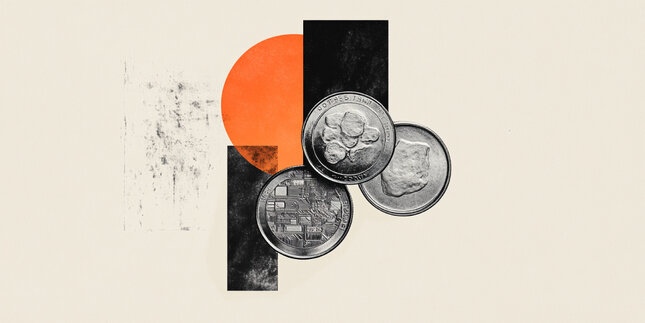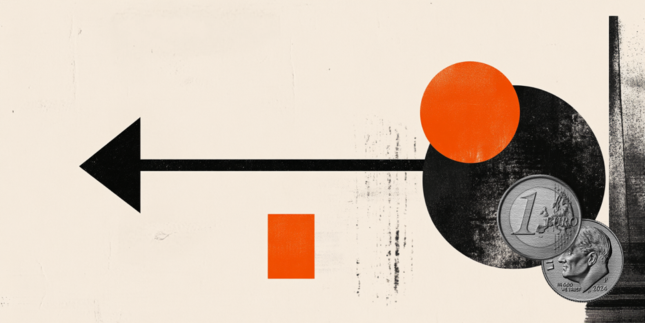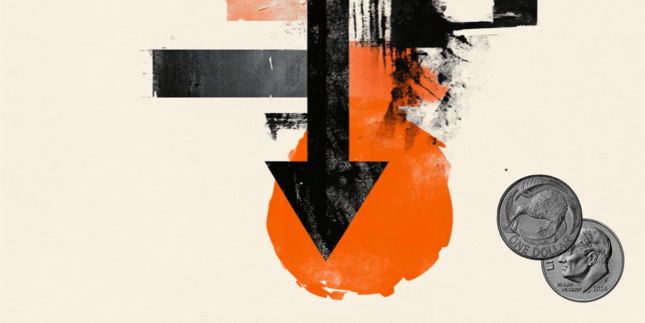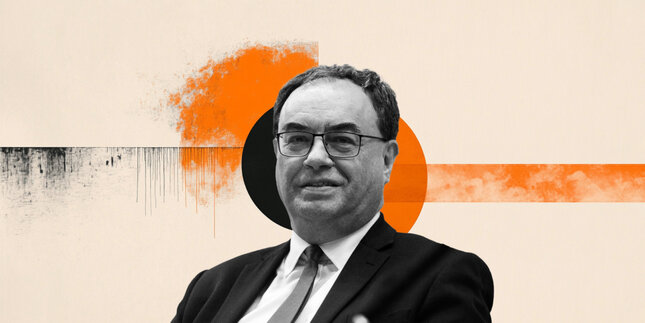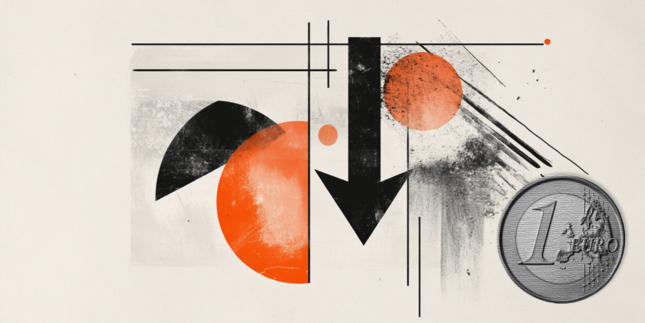-
Opps!
This language contents are not available!
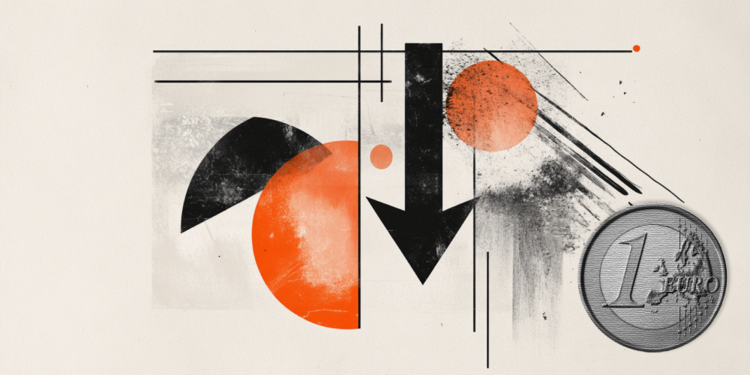
EUR/GBP softens below 0.8350 as traders brace for BoE rate decision
- EUR/GBP weakens to around 0.8320 in Thursday’s early European session.
- Concerns about Trump’s trade tariffs undermine the shared currency.
- The BoE is widely expected to cut its key interest rate on Thursday.
The EUR/GBP cross remains on the defensive around 0.8320 during the early European session on Thursday. The concerns that US President Donald Trump would slap tariffs on goods from the European Union weigh on the Euro (EUR) against the Pound Sterling (GBP). All eyes will be on the Bank of England (BoE) interest rate decision on Thursday.
Following his announcement of import tariffs on Canada, Mexico, and China on Monday, Donald Trump promised to impose the EU next. The EU intends to retaliate against the US if Trump follows through on his threats to slap tariffs on the bloc. This, in turn, exerts some selling pressure on the shared currency.
On the GBP front, investors expect the BoE to reduce borrowing costs by a quarter point to 4.50% at its February meeting on Thursday. "The BoE is likely to justify the move, even though inflation remains above (bank) target due to a sluggish economy and a softening in the labor market in recent months," noted Kathleen Brooks, research director at XTB trading group.
Market players will closely monitor how the UK central bank assesses any potential inflationary impact from the fiscal reforms announced by the government in October 2024, which include a significant hike in the tax businesses face on payrolls. Sticky inflation might limit BoE Governor Andrew Bailey’s ability to cut rates much further, supporting the GBP.
BoE FAQs
The Bank of England (BoE) decides monetary policy for the United Kingdom. Its primary goal is to achieve ‘price stability’, or a steady inflation rate of 2%. Its tool for achieving this is via the adjustment of base lending rates. The BoE sets the rate at which it lends to commercial banks and banks lend to each other, determining the level of interest rates in the economy overall. This also impacts the value of the Pound Sterling (GBP).
When inflation is above the Bank of England’s target it responds by raising interest rates, making it more expensive for people and businesses to access credit. This is positive for the Pound Sterling because higher interest rates make the UK a more attractive place for global investors to park their money. When inflation falls below target, it is a sign economic growth is slowing, and the BoE will consider lowering interest rates to cheapen credit in the hope businesses will borrow to invest in growth-generating projects – a negative for the Pound Sterling.
In extreme situations, the Bank of England can enact a policy called Quantitative Easing (QE). QE is the process by which the BoE substantially increases the flow of credit in a stuck financial system. QE is a last resort policy when lowering interest rates will not achieve the necessary result. The process of QE involves the BoE printing money to buy assets – usually government or AAA-rated corporate bonds – from banks and other financial institutions. QE usually results in a weaker Pound Sterling.
Quantitative tightening (QT) is the reverse of QE, enacted when the economy is strengthening and inflation starts rising. Whilst in QE the Bank of England (BoE) purchases government and corporate bonds from financial institutions to encourage them to lend; in QT, the BoE stops buying more bonds, and stops reinvesting the principal maturing on the bonds it already holds. It is usually positive for the Pound Sterling.
Forex News
Keep up with the financial markets, know what's happening and what is affecting the markets with our latest market updates. Analyze market movers, trends and build your trading strategies accordingly.

